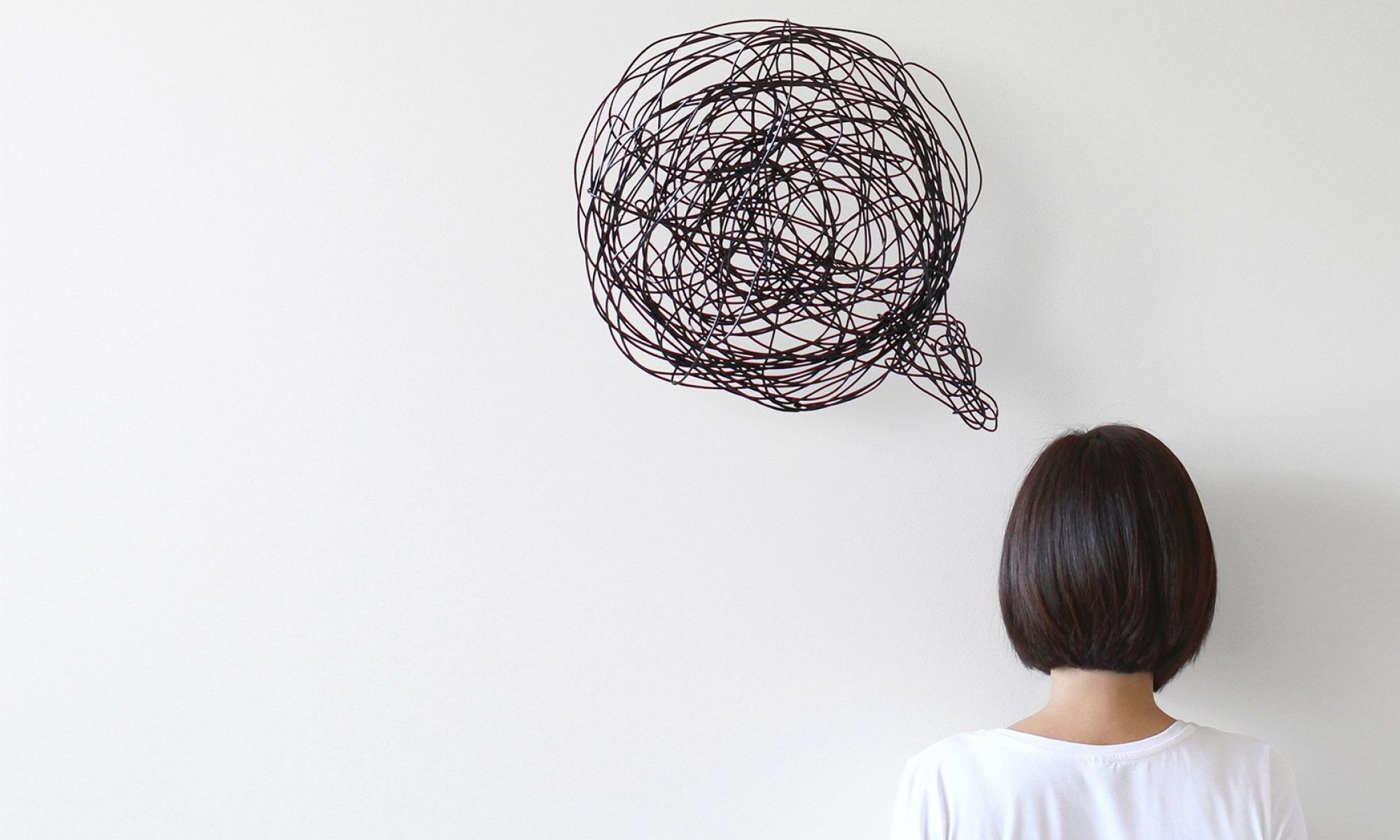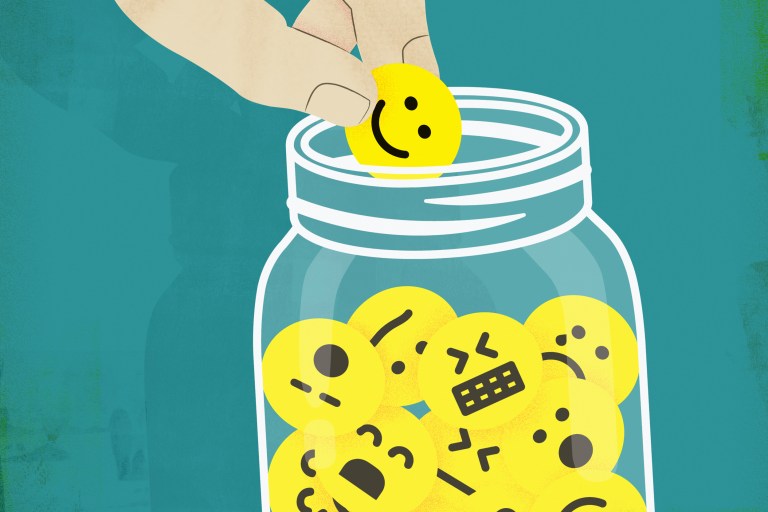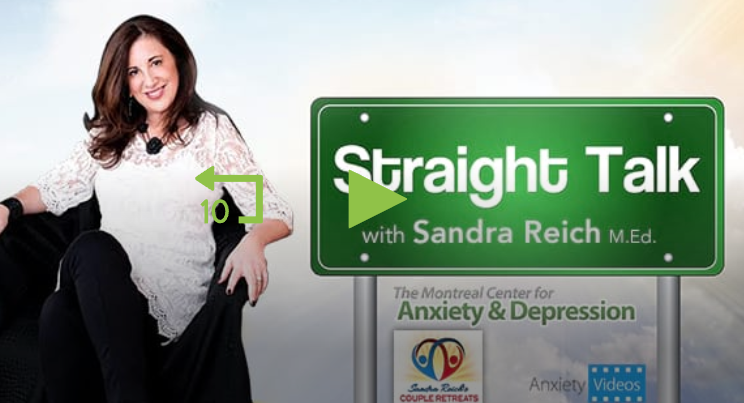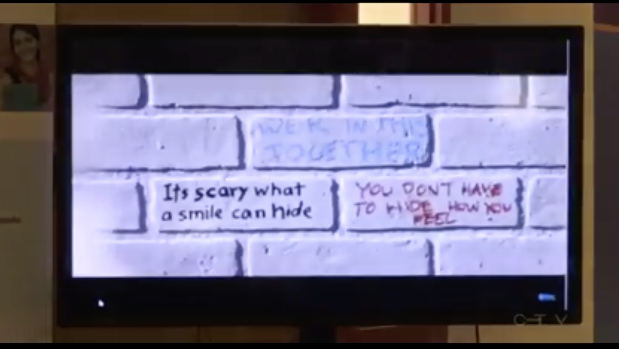From Harvard
Positive psychology exercises boost moods of those struggling with addiction says MGH study
Short writing exercises reliving happy moments boosted the moods of adults recovering from addiction in a study conducted by researchers at Massachusetts General Hospital’s (MGH) Recovery Research Institute.
“Recovery is hard,” said lead author Bettina B. Hoeppner, senior research scientist at the institute and an associate professor of psychology at Harvard Medical School. “For the effort to be sustainable, positive experiences need to be attainable along the way.”
More than 500 people struggling with addiction participated in the randomized, online survey. They each were assigned one of five psychology exercises that took an average of four minutes to complete.
Participants reported the greatest mood lift after completing an exercise that had them select and describe one of their own photos capturing a happy time. An exercise in which participants noted two positive experiences from the previous day led to the next-highest gains in happiness, followed by one that had them list a highlight and a challenge from the day before and a pleasure anticipated the next day. Those who were asked to write only about challenges they had faced the previous day saw a dip in happiness.
The study’s authors say exercises such as the ones used in their study hold promise as a tool for promoting happiness during treatment, which may help support long-term recovery.
“Addiction scientists are increasingly moving beyond the traditional focus on reducing or eliminating substance use by advocating treatment protocols that encompass quality of life,” Hoeppner said. “Yet orchestrated positive experiences are rarely incorporated into treatment.”




